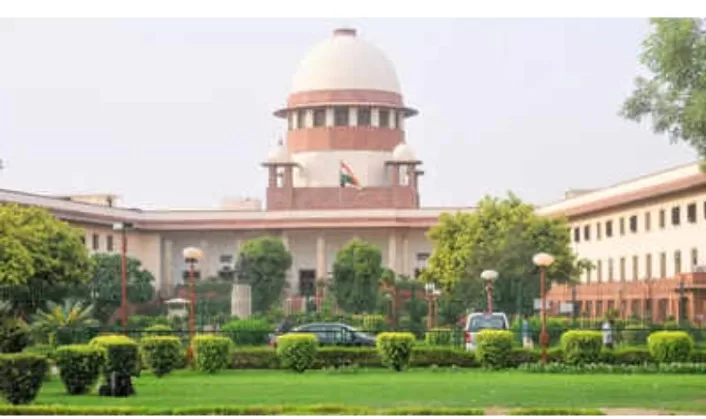In an unusual divorce case, the Supreme Court of India recently rejected an 89-year-old man’s plea to divorce his 82-year-old wife in the matter of Nirmal Singh Panesar v Paramjit Kaun Panesar.
A bench composed of Justices Aniruddha Bose and Bela M Trivedi made a profound observation by stating that “irretrievable breakdown of marriage” should not be viewed as a rigid and universal formula to grant divorce.
The Court emphasized that, despite the increasing number of divorce cases in India, the institution of marriage remains a sacred and invaluable bond between spouses.
In this particular case, the Court noted that the wife was committed to caring for her husband and had no intention of abandoning him in their later years. Furthermore, the wife expressed a reluctance to be labeled as a “divorcee” in society.
Considering these factors, the Court opined that granting a divorce based on the grounds of irretrievable breakdown would be unjust to the wife.
The case involved an 89-year-old man seeking a divorce. The couple’s relationship had deteriorated when the husband, a former Indian Army serviceman, was stationed in Madras (now Chennai) in January 1984, and the wife chose not to accompany him. Instead, she resided initially with her husband’s parents and later with her son.
While a district court initially allowed the divorce under the Hindu Marriage Act, the Punjab and Haryana High Court reversed the decision. This led the husband to file an appeal before the Supreme Court.
The Supreme Court was told that the wife’s refusal to join her husband in Chennai was interpreted as a desire to permanently terminate cohabitation without a justifiable reason.
The appellant contended that the High Court erred in overturning the divorce decree and that the wife had been cruel by deserting him without justification.
The wife’s counsel argued that a long period of separation does not necessarily constitute an irretrievable breakdown of marriage and that she had consistently honored their sacred relationship.
Ultimately, the Supreme Court sided with the wife, citing her dedication to the marriage since 1963, during which she raised three children even when faced with her husband’s hostility.
As a result, the Court dismissed the husband’s plea for divorce, upholding their long-standing marriage.
Advocate Vipin Gogia represented the appellant-husband, while Advocate Madhurima Tatia represented the respondent-wife.







